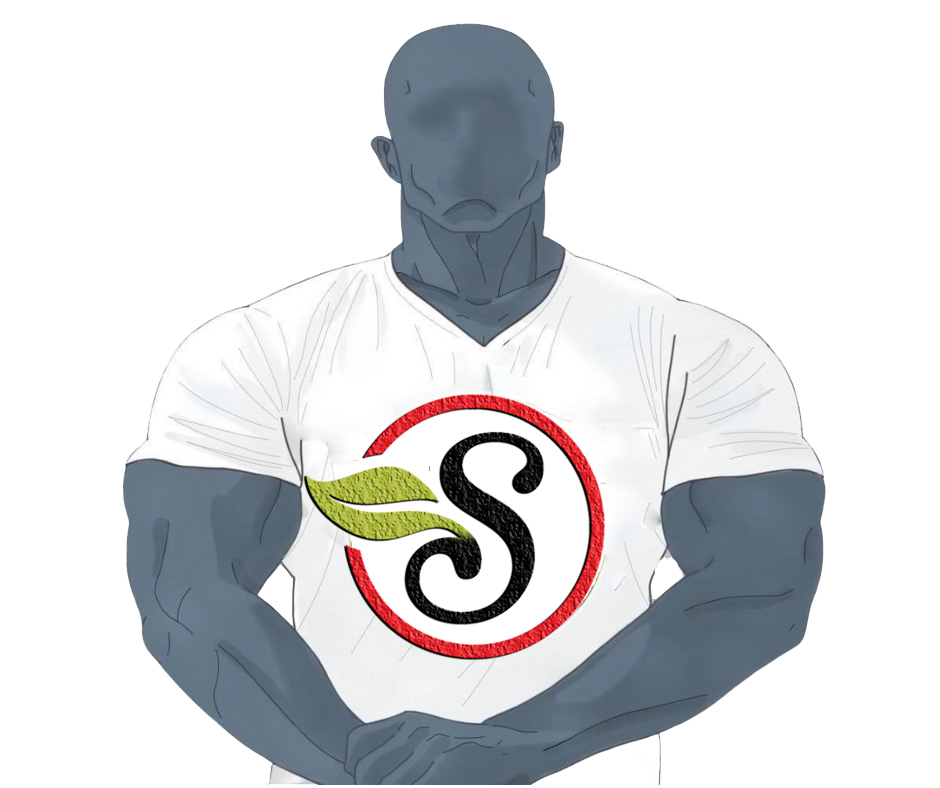Red Clover Blossom Tops
Red Clover Blossom Tops Uses:
Hot flashes/flushes, PMS, Lowers cholesterol, helps prevent osteoporosis, reduces possibility of forming blood clots and arterial plaques, can limit development of benign prostate hyperplasia. Breast enhancement and breast health. Improve urine production, circulation of the blood and secretion of bile. They also act as detergent, sedative and tonic. Red clover has the ability to loosen phlegm and calm bronchial spasms. The fluid extract of red clover is used as an antispasmodic and alterative.
Indicated for:
Assisting in preventing endometrial cancer in women and limiting prostate cancer in men. Preventing Heart Disease. Quitting smoking.
Red clover is considered to be one of the richest sources of isoflavones (water-soluble chemicals that act like estrogens and are found in many plants). It is used for hot flashes/flushes, PMS, lowering cholesterol, breast enhancement and breast health, improving urine production and improving circulation of the blood. It is also used to help prevent osteoporosis, reduce the possibility of blood clots and arterial plaques and limiting the development of benign prostate hyperplasia.
Red clover is a source of many valuable nutrients including calcium, chromium, magnesium, niacin, phosphorus, potassium, thiamine, and vitamin C. Red clover is also considered to be one of the richest sources of isoflavones (water-soluble chemicals that act like estrogens and are found in many plants).
Several studies of a proprietary extract of red clover isoflavones suggest that it may significantly reduce hot flashes in menopausal women. Also, menopause increases a woman’s risk for developing osteoporosis (significant bone loss) and some studies suggest that a proprietary extract of red clover isoflavones may slow bone loss and even boost bone mineral density in pre and peri-menopausal women. The estrogen-like effect of red clover isoflavones may be involved, and red clover also may have a direct effect by preventing the breakdown of existing bone.
However, this possible bone-strengthening effect has not been seen in men and post-menopausal women.
Because it contains chemicals called isoflavones, which belong to a larger class of plant chemicals known as phyto (plant-derived) estrogens, red clover is often taken to relieve symptoms of premenstrual syndrome (PMS). Isoflavones are similar in shape to the female hormone, estrogen. Therefore, they may attach to estrogen receptors throughout the body particularly in the bladder, blood vessels, bones, and heart.
For women with normal estrogen levels, red clover isoflavones may displace some natural estrogens, possibly preventing or relieving estrogen-related symptoms, such as breast pain, that are associated with PMS. This effect may also reduce the possibility of developing estrogen-dependent cancer of the endometrium (the lining of the uterus). In addition, results from a review of nearly 1000 women suggest that red clover may interfere with an enzyme known to promote the progression of endometrial cancer.
Red clover may also block enzymes thought to contribute to prostate cancer in men. It has shown a definite limiting effect, however, in the development of benign prostate hyperplasia (BPH), which is a non-cancerous enlargement of the prostate gland. An enlarged prostate may cause men to experience a weak or interrupted urine stream, dribbling after urinating, or the urge to urinate even after voiding. For most men, BPH is a normal part of aging.
It is believed that red clover may help to prevent heart disease in several ways. Although results from human studies are not definite, some show that taking red clover may lower the levels of ‘bad’ low-density lipoprotein cholesterol (LDL) and raise the levels of ‘good’ high-density lipoprotein (HDL) cholesterol in the body.
In addition, red clover may also promote an increase in the secretion of bile acid. Because cholesterol is a major component of bile acid, increased bile acid production usually means that more cholesterol is used and less cholesterol circulates in the body. Additionally, red clover contains small amounts of chemicals known as coumarins, which may help keep the blood from becoming thick and gummy. Therefore, the possibility of forming blood clots and arterial plaques may be reduced.
Plaques are accumulations of blood cells, fats, and other substances that may build up in blood vessels, possibly reducing or blocking blood flow. Red clover may also help the arteries remain strong and flexible (a quality often called ‘arterial compliance’), which may also help to prevent some of the plaque deposits that may lead to a heart attack or a stroke.
It has been found to be helpful in quitting smoking.
Note: Because the estrogen-like chemicals it contains may have caused abnormal fetal development in animal studies, taking red clover is not recommended for pregnant women.
Women with hormone-dependent conditions such as endometriosis, uterine fibroids, and cancers of the breast, ovaries, or uterus should not take red clover due to its possible estrogenic effects. Men with prostate cancer should also avoid taking red clover, unless a doctor recommends using it.
Very little information is available on how red clover might affect an infant or a small child. Therefore, its use is not recommended while breast-feeding or during early childhood.
Botanical Name: Trifolium pratense
aka: Bee-bread, Cow Clover, Meadow Clover, Purple Clover, Red Clover, Trefoil, Wild Clover

